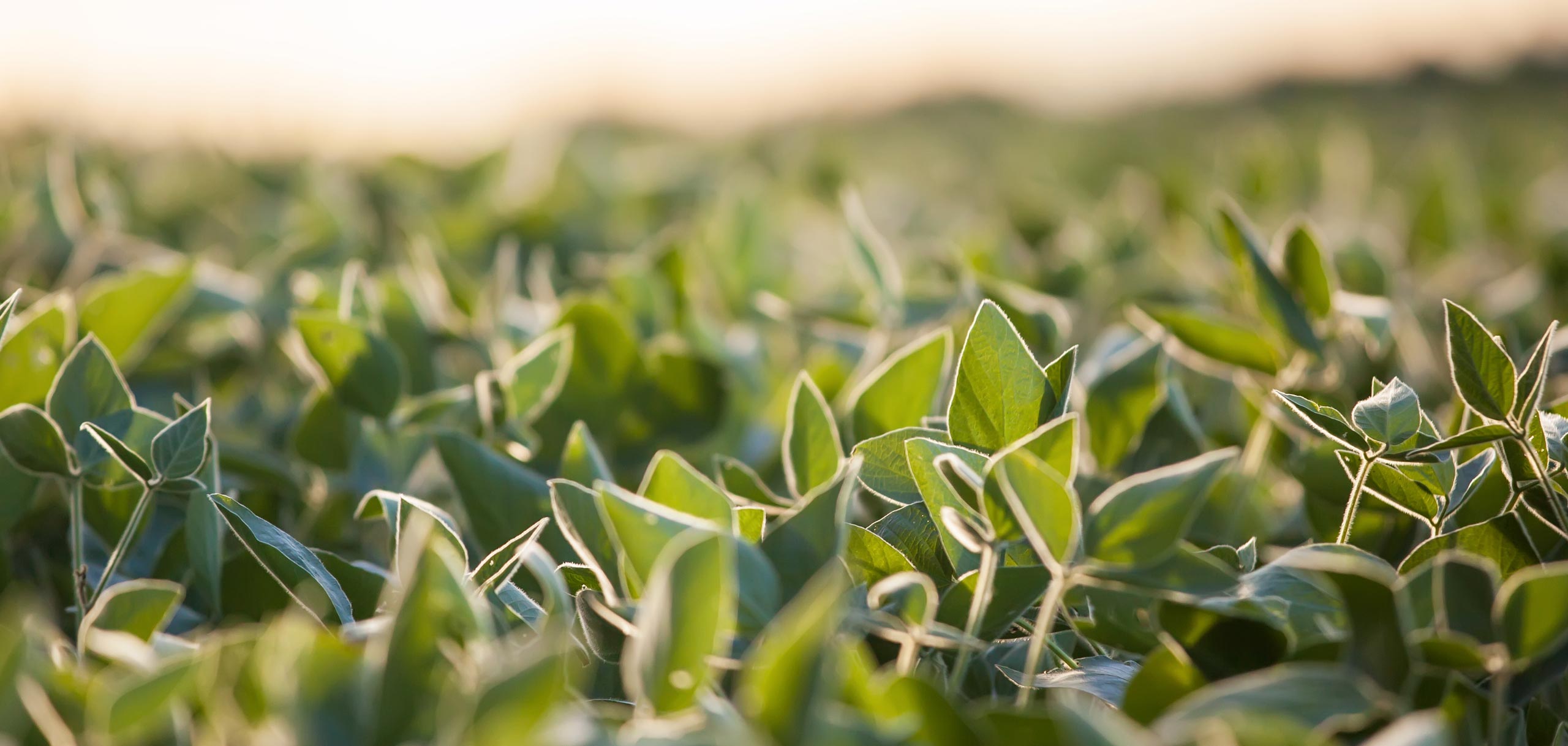U.S. Soy Delivers Sustainability Message to European Customers
- Category:
- General News

The U.S. soy industry is spreading the word about the new Sustainability Assurance Protocol. United Soybean Board (USB) Director Laura Foell visited four European countries in early October to inform European soybean importers, seed manufacturers and food processors about the new Soybean Sustainability Assurance Protocol. Ms. Foell visited the Netherlands, Belgium, France and Germany to assure European soybean importers that U.S. agriculture is farming in more responsible and sustainable ways and that since 1980, U.S. farmers have produced higher yields with less energy consumption and less environmental impact in a more economical fashion.
Europe is the second largest importer of soybean meal, but a common misperception there is that U.S. agriculture's food-producing methods are endangering the environment and threatening native animal species. The sustainability assurance protocol includes documentation to export customers of soy products, especially in Europe, certifying that each batch of soy products was grown "responsibly, environmentally, socially and economically." Another important message delivered to U.S. soybean customers was to let them know that U.S. growers have been subject to conservation rules and regulations through the U.S. Department of Agriculture (USDA) and its Natural Resources and Conservation Service for decades. The protocol is based on a national scale, rather than a farm-by-farm basis, since exported soybeans are commingled from across the U.S. The protocol documentation is confirmation that soybean meal shipped to Europe was grown in compliance with federal regulations.
USSEC International Market Access Director and Regional Director - Greater Europe & MENA Brent Babb called this trip important for U.S. soybean growers, and felt that U.S. soy’s sustainability message was well received. Dealing with the industry's public relations image in Europe is necessary in order to keep a diversity of markets open. “Several European commodity organizations put themselves on the spot that they would certify that by 2015, all the soybeans they supply would be sustainably grown,” stated Mr. Babb. He said U.S. farmers take their conservation efforts, which are generally tied to federal farm programs, for granted. "Globally," Babb said, "there is no other program like this, and Europe didn't know this." Mr. Babb explained that the sustainability program will not necessarily lead to skyrocketing exports of U.S. beans. The U.S. sends about five percent of its total production to Europe; European countries get the bulk of their soybeans from South America. South America's soybean industry, however, is still developing and cannot offer sustainability guarantees. According to Mr. Babb, this is not an aggressive move against South America, but instead gives Europe "another reason to look at the U.S." "If they need sustainably grown soybeans, we have them and can certify it."